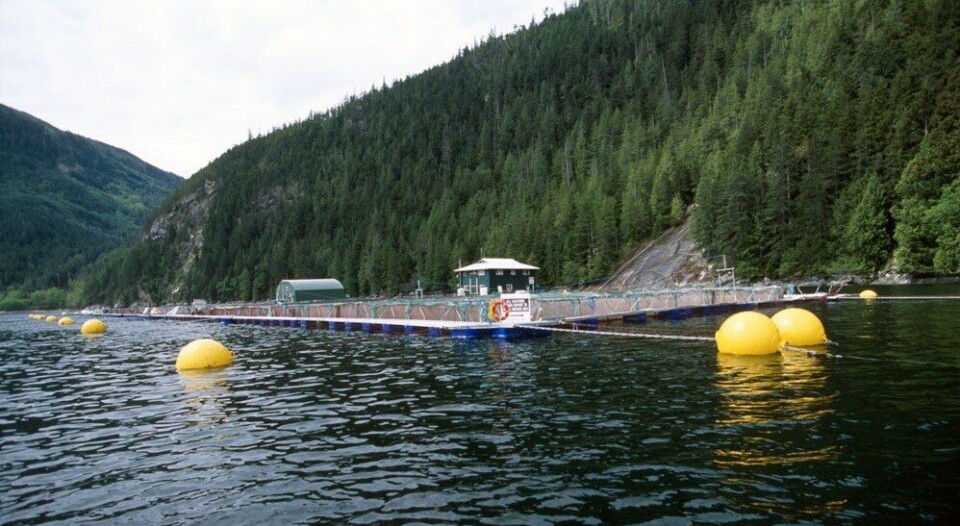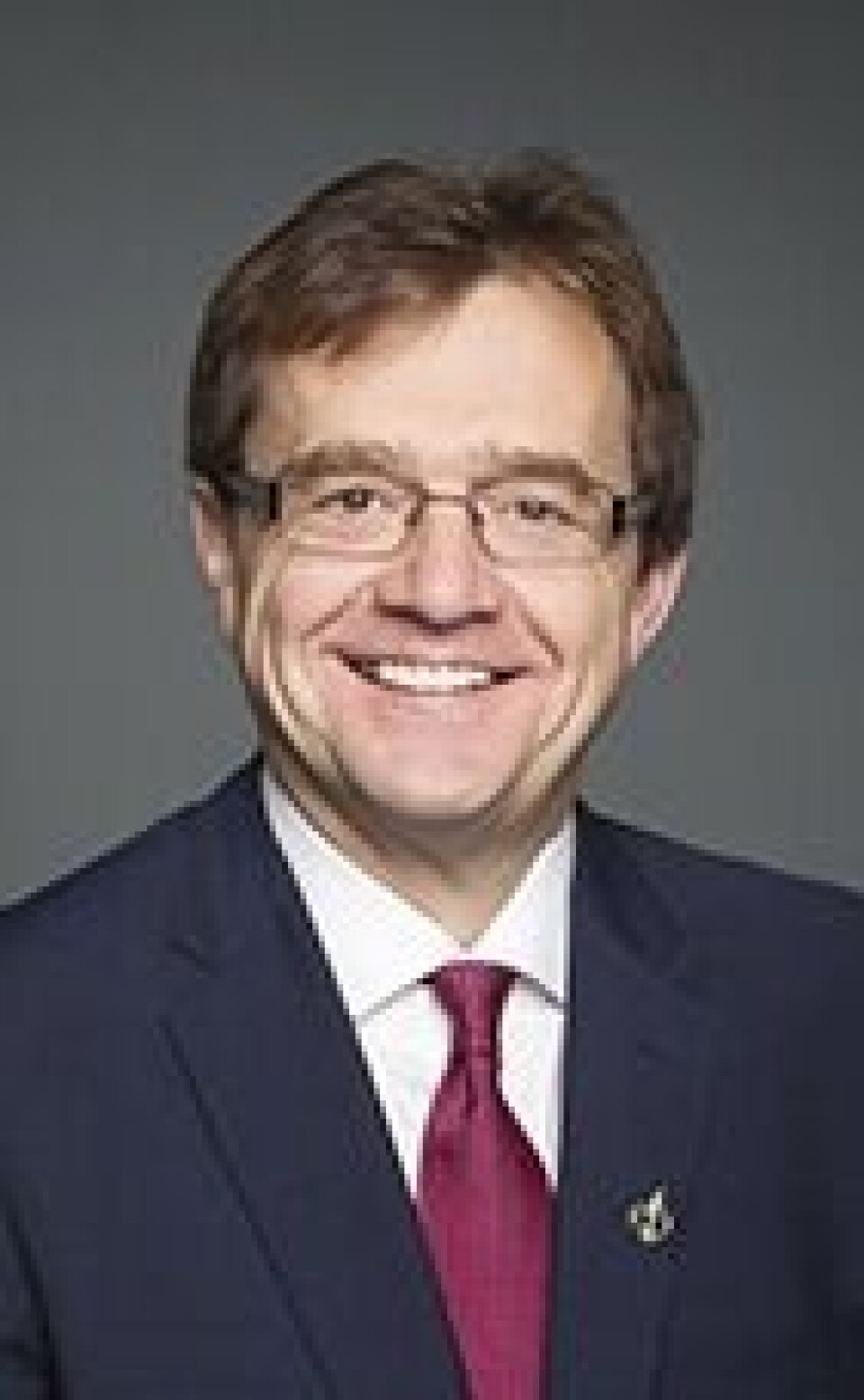
Government announcements make a splash in BC
Two new announcements affecting aquaculture were made by the provincial government in British Columbia last week to coincide with the launch of Canada’s International Year of the Salmon.
The Wild Salmon Policy Implementation Plan (WSP) is a five-year plan that aims to rebuild declining wild Pacific salmon populations with help from local First Nations, the aquaculture industry and the Department of Oceans and Fisheries. The five species of Pacific salmon named in the WSP are chinook, chum, coho, pink, and sockeye.
Closed containment
The Wild Salmon Advisory Council also announced an additional 14 recommendations. These include an area-based management system in which geographic sites will be assessed closely to maximise density for fish farming. A closed containment aquaculture viability study is under way. Also, open dialogue will take place with the public and Indigenous communities regarding risk management.
The council’s 14 members include several First Nations members and those representing both commercial and sport fishing, but there is no representative from the salmon farming industry.

All the Council’s recommendations will be presented to the BC government’s select standing committee of agriculture, fish and food. In 2019, the committee will be tasked with the public consultation process which will help lead the provincial approach.
Cultural significance
"Our government will continue to protect this species, which has such cultural, social and economic significance for Canadians. Today, as we launch the International Year of the Salmon, I invite all Canadians to work together to help us protect the health and biological diversity of salmon populations in Canada, beginning here in BC,” said Canadian fisheries minister Jonathan Wilkinson.
“The actions taken to address all the recommendations of the Cohen Commission (into the decline of Fraser River sockeye) are a significant step toward protecting Fraser River sockeye salmon. We, along with the Province of British Columbia and our partners, will build on this work to conserve all Pacific salmon species through the Wild Salmon Policy 2018-2022 Implementation Plan. Together, we can help rebuild these stocks for the benefit of our entire ecosystem, and for generations to come.”
An evolving policy
The WSP has four phases. In 2016, meetings with 150 First Nations and stakeholders from BC and the Yukon took place. Key issues and concerns were brought forward. In 2017, the second phase was completed and a draft implementation plan was developed by the BC First Nations' Salmon Coordinating Committee, Yukon Salmon Sub-committee, Pacific Salmon Foundation, Department of Fisheries and Oceans (DFO), and the BC government. Phase three consisted of 32 consultation and feedback sessions with various groups. Phase four, in which the WSP is undergoing reviews before it is implemented, is currently under way. The BC government has made it clear that the WSP is evolving and changes are being made as new data emerges.
BC farmed salmon is the top agricultural export from the region which generates more than Can$1.5 billion towards the BC economy, supporting more than 6,600 jobs.
Salmon farming remains a contentious issue in some First Nation communities in BC, especially in the Broughton Archipelago off Vancouver Island.
International Year of the Salmon is an outreach and research initiative organised by the North Pacific Anadromous Fish Commission and the North Atlantic Salmon Conservation Organisation.




















































